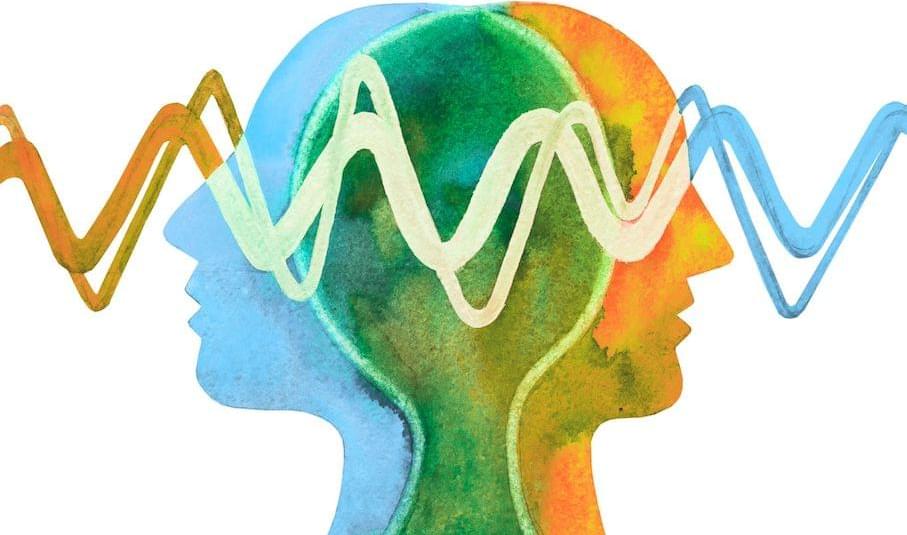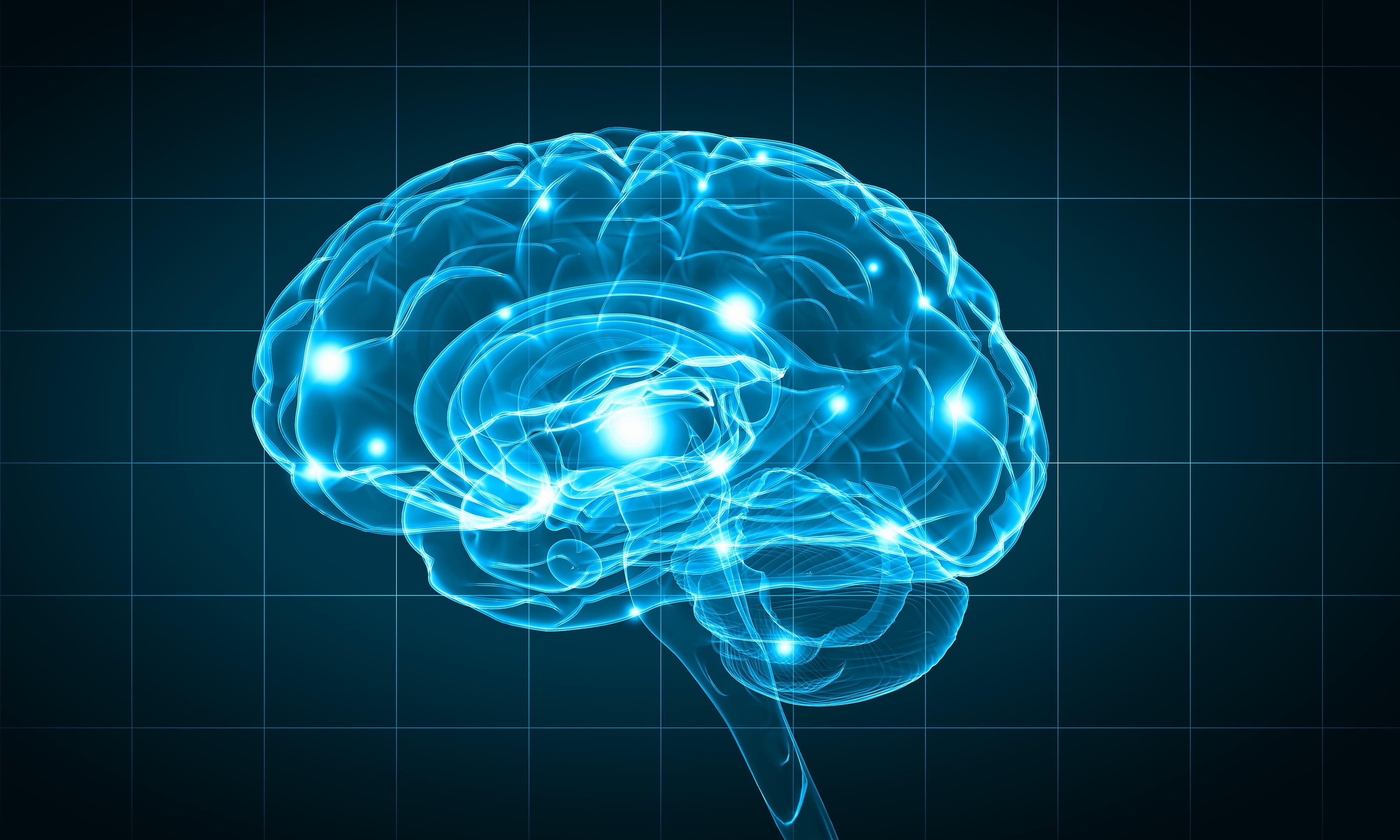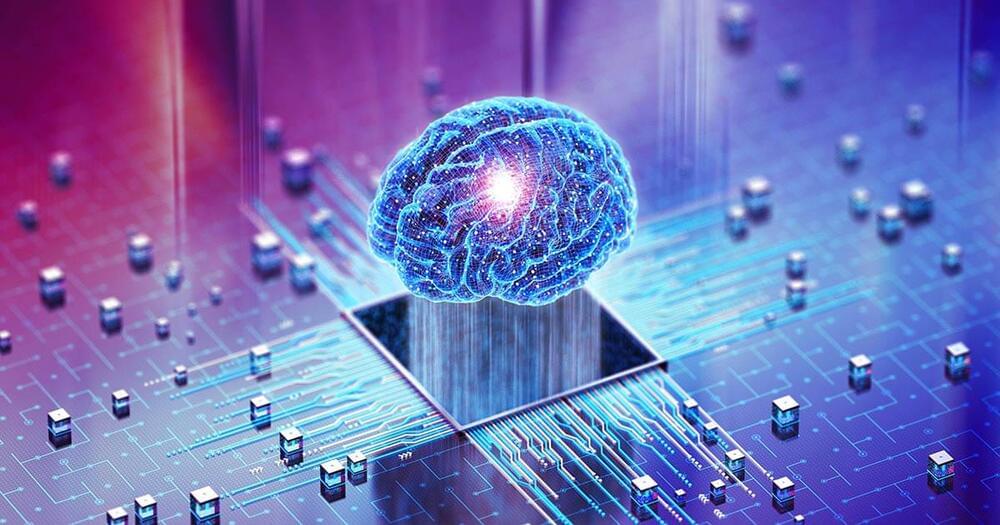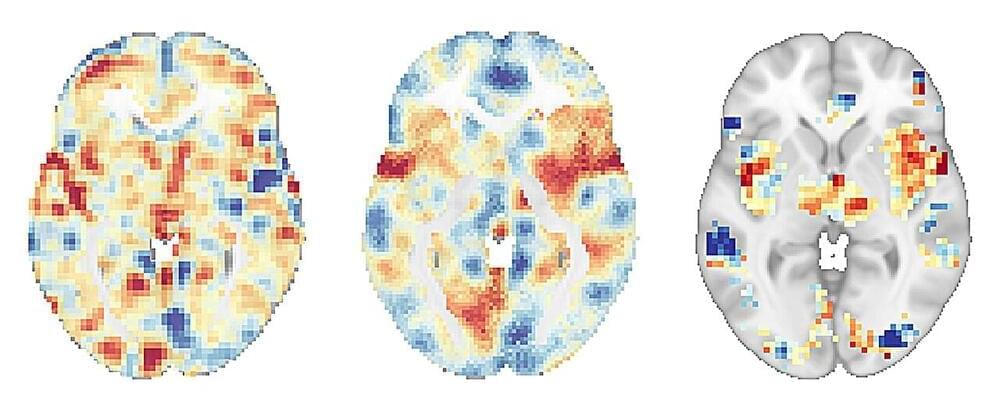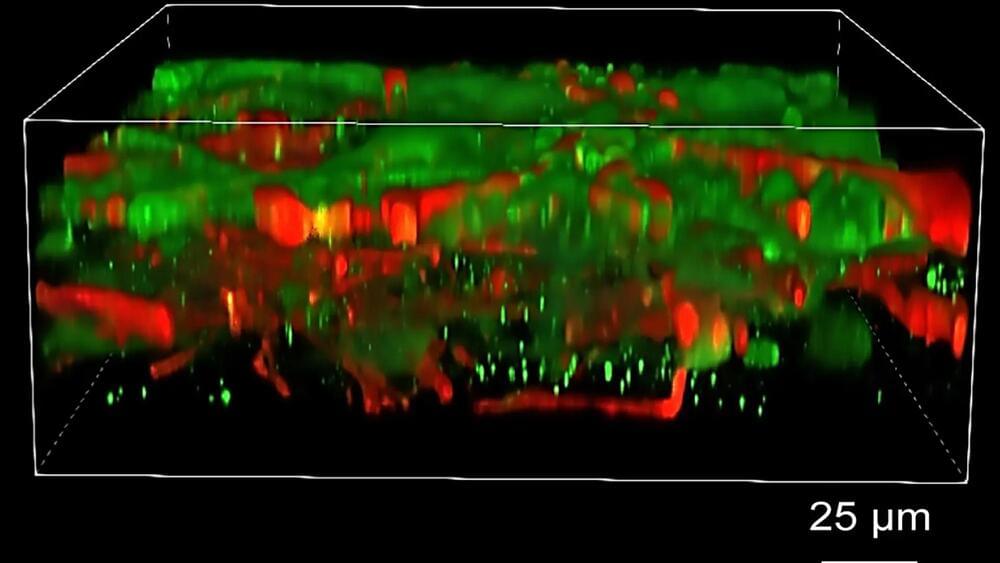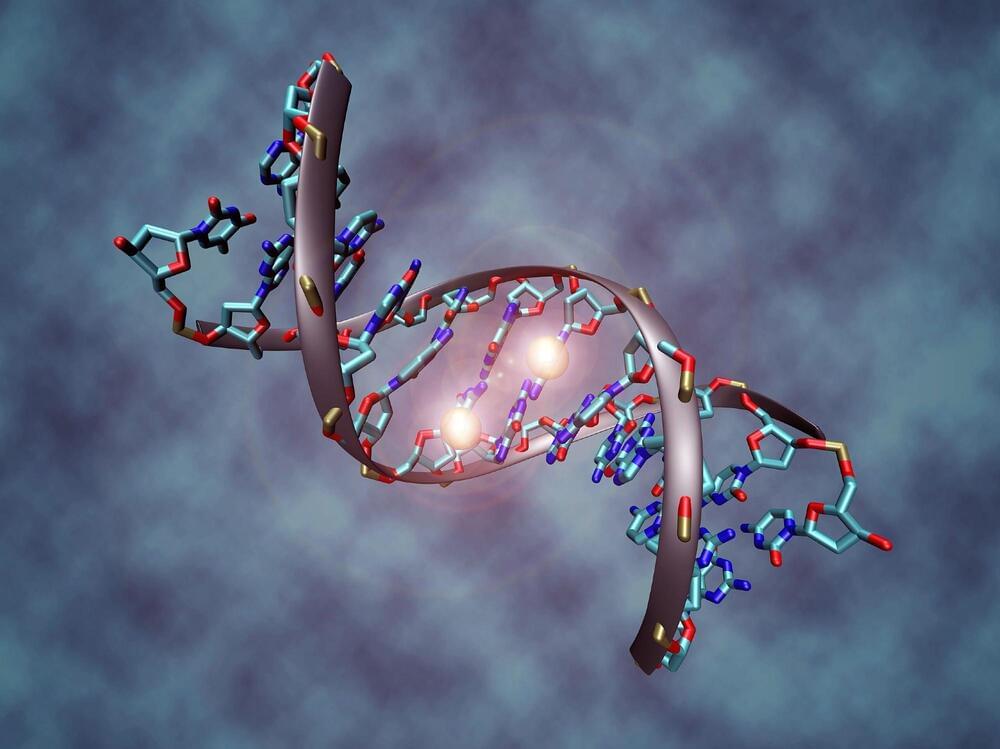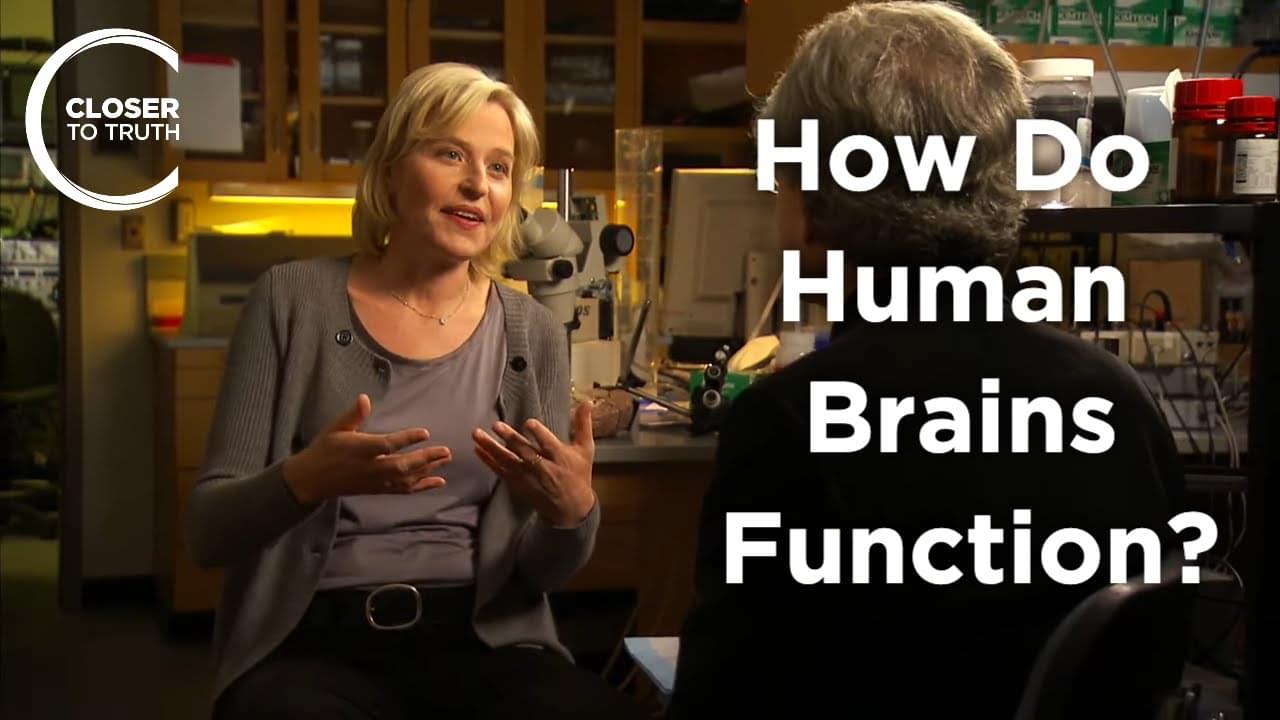Sep 7, 2024
A Reply to Strawson: Physicalism Does Not Entail Panpsychism
Posted by Dan Breeden in category: neuroscience
Why a blog post and not a proper response in a philosophy journal? My very first journal submission is still in the review process, close to two months later, for one. Secondly, blogging allows me to be pedantic, to be human, that is, to express frustration, to show anger, to be candid; in other words, blogging allows me to be myself. Probably of highest priority is the fact that I do not want my first publication in the philosophy of mind to be a response. I want to eventually outline my own theory of consciousness, which is strongly hinted at here, and I prefer for that to be my first contribution to the philosophy of mind. I do not find panpsychism convincing and I think there is another theory of consciousness, similar to panpsychism in ways, that is much more cogent. I have outlined some qualms I have with panpsychism before; to people new to the blog, you can read here.
